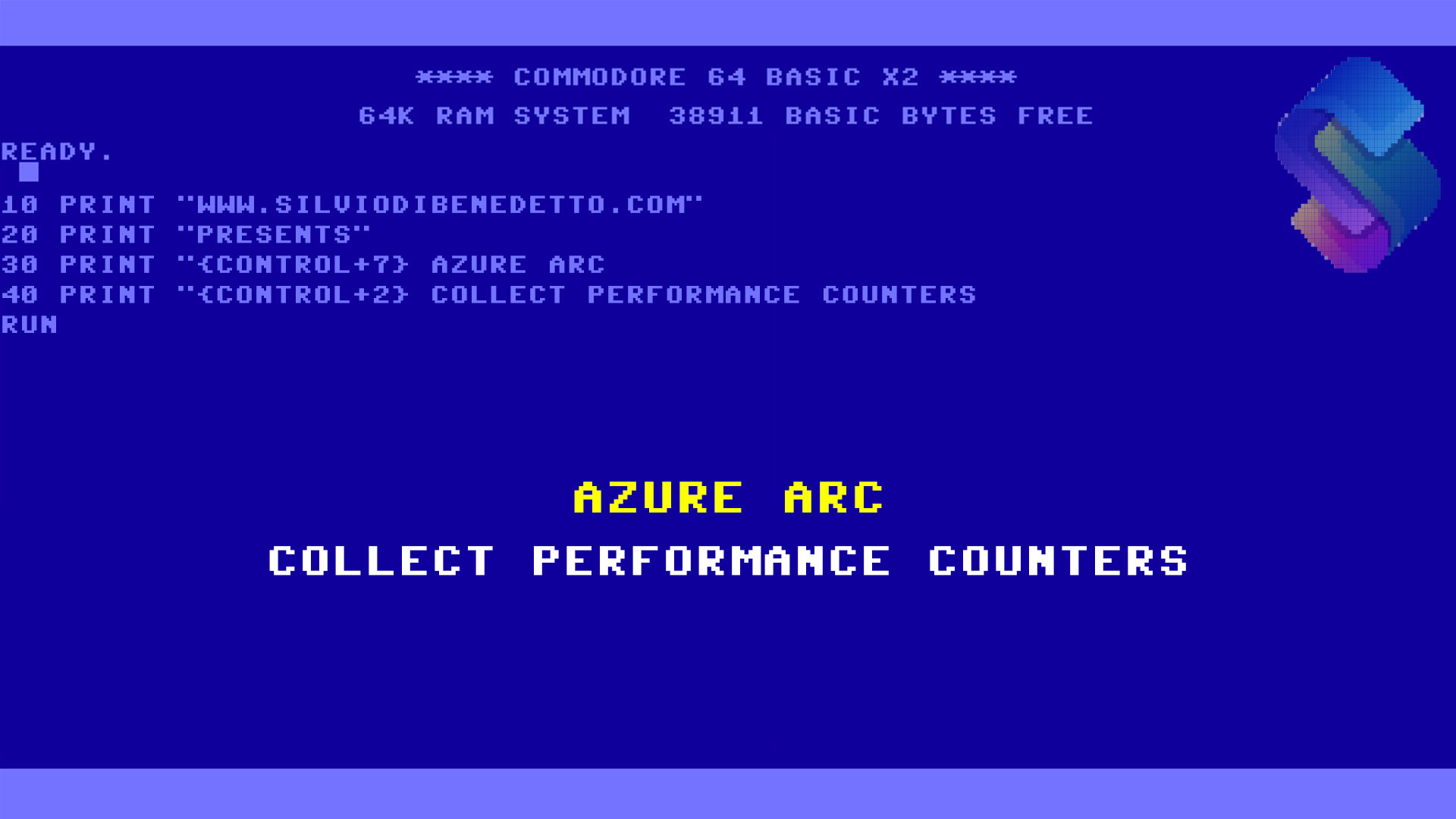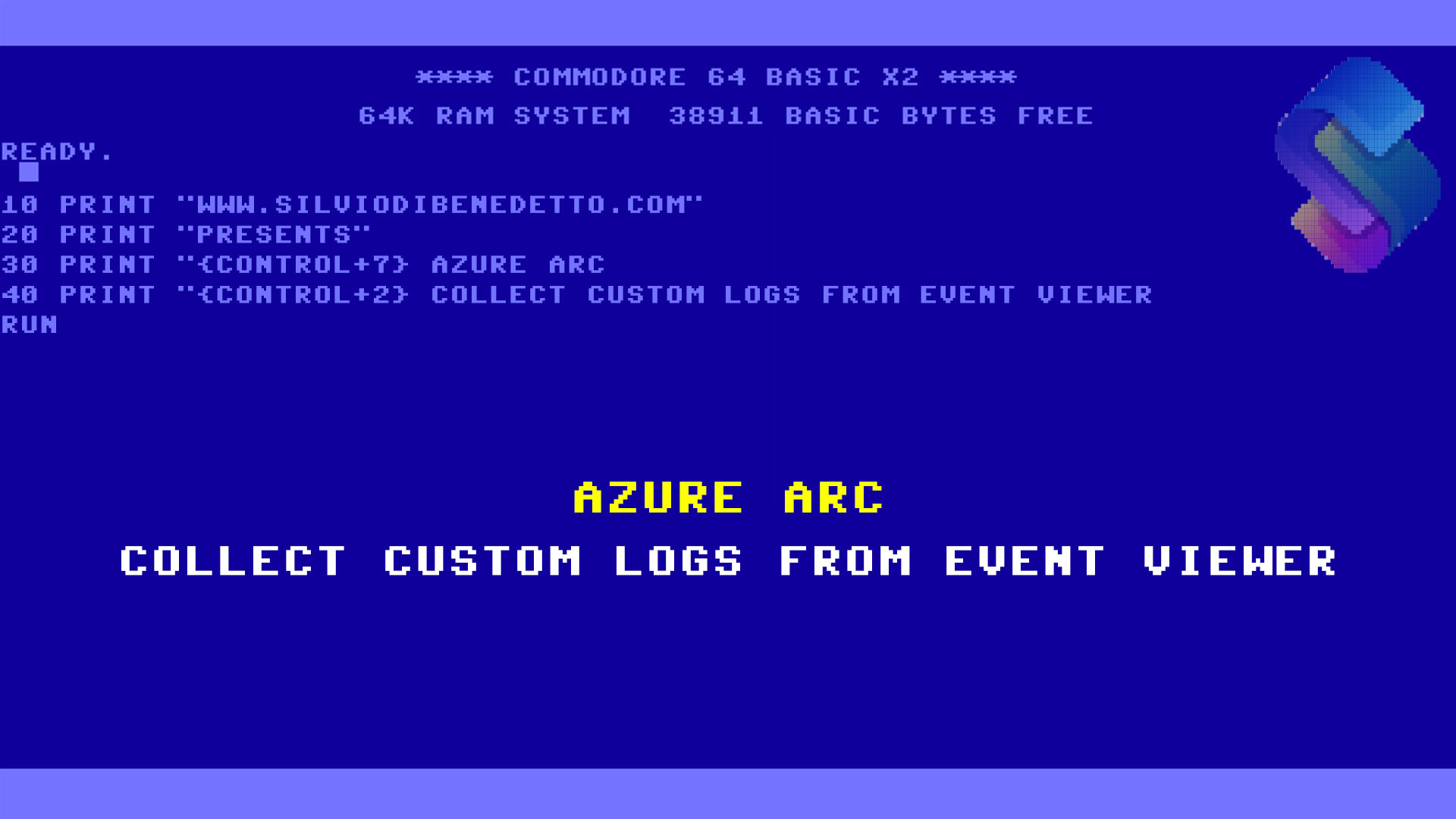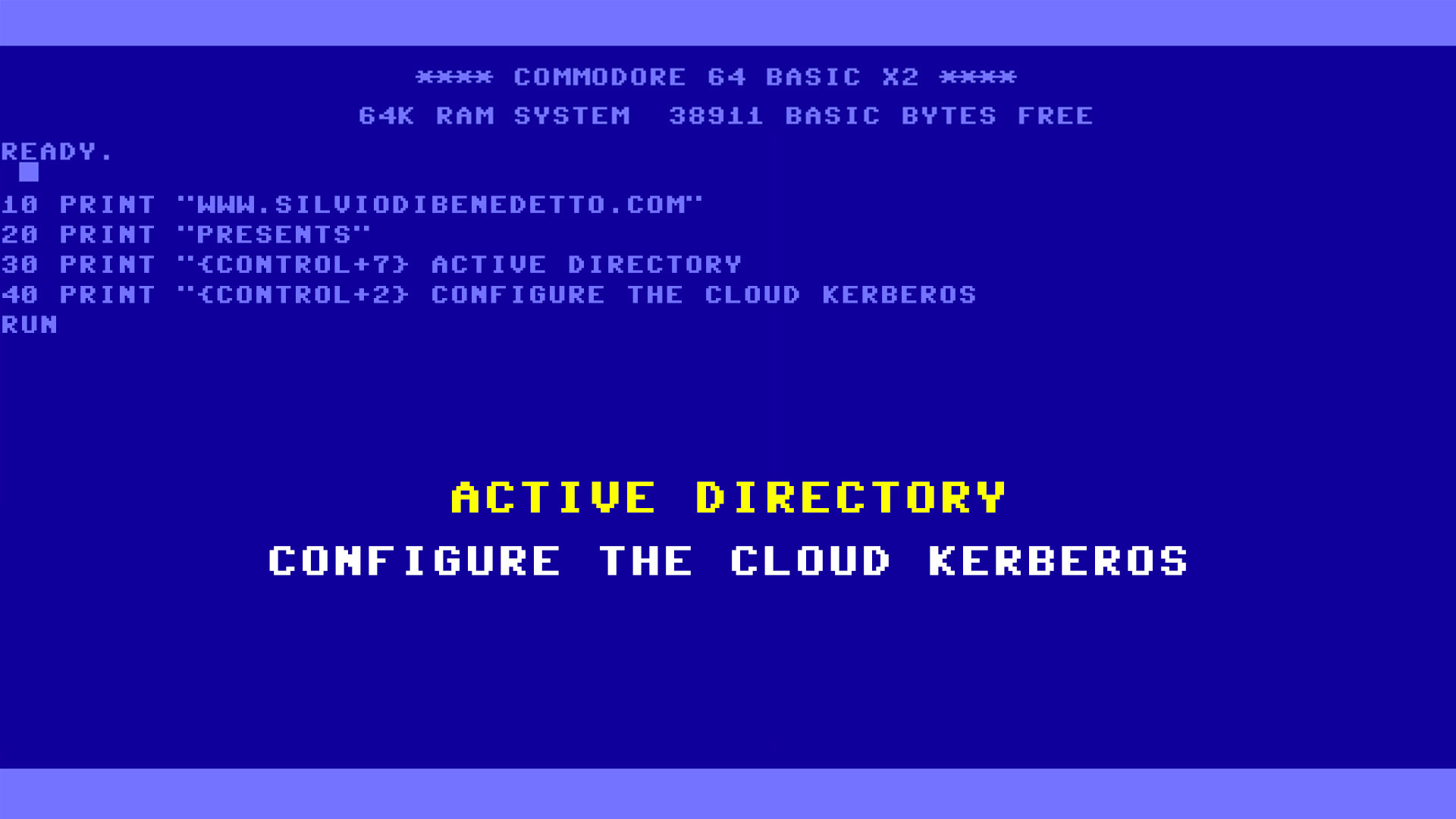Another big improvement of System Center Configuration Manager is the possibility to manage Windows 10 as service, this means that is possible upgrade the clients with a service plan based on our company requirements.
For more information about the new Windows 10 upgrade model, you can ready this article: Windows 10 servicing options for updates and upgrades.
To create a Servicing Plan, open the Software Library pane and create a new item, as showed in figure 1. Choose a name and select the Device Collection destination.
The main focus of this plan is the Deployment Ring, figure 2, the way to select what kind of release apply: Release Ready and Business Ready. Is also possible delay the upgrade X days after public publish from Microsoft.
Select the User Experience, figure 3, and the other settings. At the end of all, close the wizard.
From the Windows 10 Servicing, figure 4, is possible see the details of entire infrastructure with all the Rings available and how many clients need to be updated.

Figure 4 – Windows 10 Servicing
On All Windows 10 Updates area is possible view all the available updates and how many clients need to be upgrades, as showed in figure 5.
Now it’s possible open the Software Center of one of the client member of Device Collection to see if the upgrade is available, as showed in figure 6.
After 1 hour, depends by hardware performance, the client will be ready to be used with the new build.
Known Issue
If you try to install the upgrade into a machine with Windows 10 RTM, you could receive an error 80240020. To resolve the issue is necessary install all the updates for this build. In case the issue still present, try this:
- Go to HKEY_LOCAL_MACHINE\SOFTWARE\Microsoft\Windows\CurrentVersion\WindowsUpdate\OSUpgrade
- Create a new DWORD (32-bit) with name AllowOSUpgrade
- Add Value 0x00000001
- Go to C:\Windows\SoftwareDistribution\Download and delete all subfolders
S














Follow on Socials